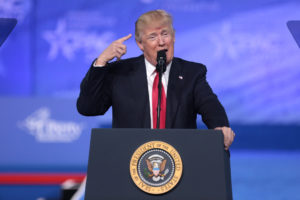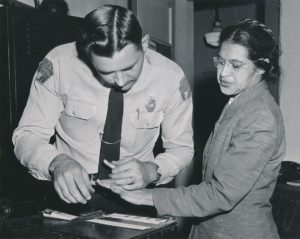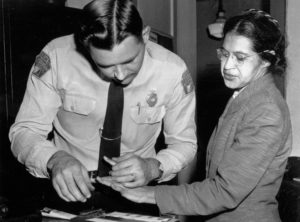Robert Caro, LBJ and the Pursuit of Power
Robert Caro has so far spent 36 years writing the saga of Lyndon Johnson -- more time than the ambitious Texan spent climbing from Congress to the White House. Caro just released his fourth installment, “The Passage of Power,” which chronicles Johnson’s exit from a strong position in the Senate into the relative powerlessness of the vice presidency.
Robert Caro has so far spent 36 years writing the saga of Lyndon Johnson — more time than the ambitious Texan spent climbing from Congress to the White House. Caro just released his fourth installment, “The Passage of Power,” which chronicles Johnson’s exit from a strong position in the Senate into the relative powerlessness of the vice presidency.
The theme of Caro’s work is political power. Throughout his study of Johnson, he’s asked: What did this man want? How did he get it? And once he had it, what did he do with it? A lifetime spent examining Johnson’s relationship to power has led Caro to reject the apothegm “Absolute power corrupts absolutely.” After all, Johnson did not exercise authority merely to serve himself. For his bullish advocacy of the 1964 Civil Rights Act, he is known internationally as America’s “last great reformer.”
— Posted by Alexander Reed Kelly. Follow him on Twitter: @areedkelly.
Your support is crucial...Chris McGreal at The Guardian:
But even as Johnson receded into history, Caro’s unflagging enthusiasm for his subject was fed by a craving to understand how this brutish, bullying, often racist man struggled out of the grip of rural Texas. Along the way he manipulated a school election by blackmailing a girl into dropping out of the race and stealing a congressional race, and then he went on to take control of a moribund Senate and oversee passage of the first civil rights legislation since the civil war.
“I’m fascinated by Johnson. If you don’t like me you say I’m obsessed,” Caro says. “We’re taught Lord Acton’s axiom: all power corrupts, absolute power corrupts absolutely. I believed that when I started these books, but I don’t believe it’s always true any more. Power doesn’t always corrupt. Power can cleanse. What I believe is always true about power is that power always reveals. When you have enough power to do what you always wanted to do, then you see what the guy always wanted to do.”
As we navigate an uncertain 2025, with a new administration questioning press freedoms, the risks are clear: our ability to report freely is under threat.
Your tax-deductible donation enables us to dig deeper, delivering fearless investigative reporting and analysis that exposes the reality beneath the headlines — without compromise.
Now is the time to take action. Stand with our courageous journalists. Donate today to protect a free press, uphold democracy and uncover the stories that need to be told.






You need to be a supporter to comment.
There are currently no responses to this article.
Be the first to respond.